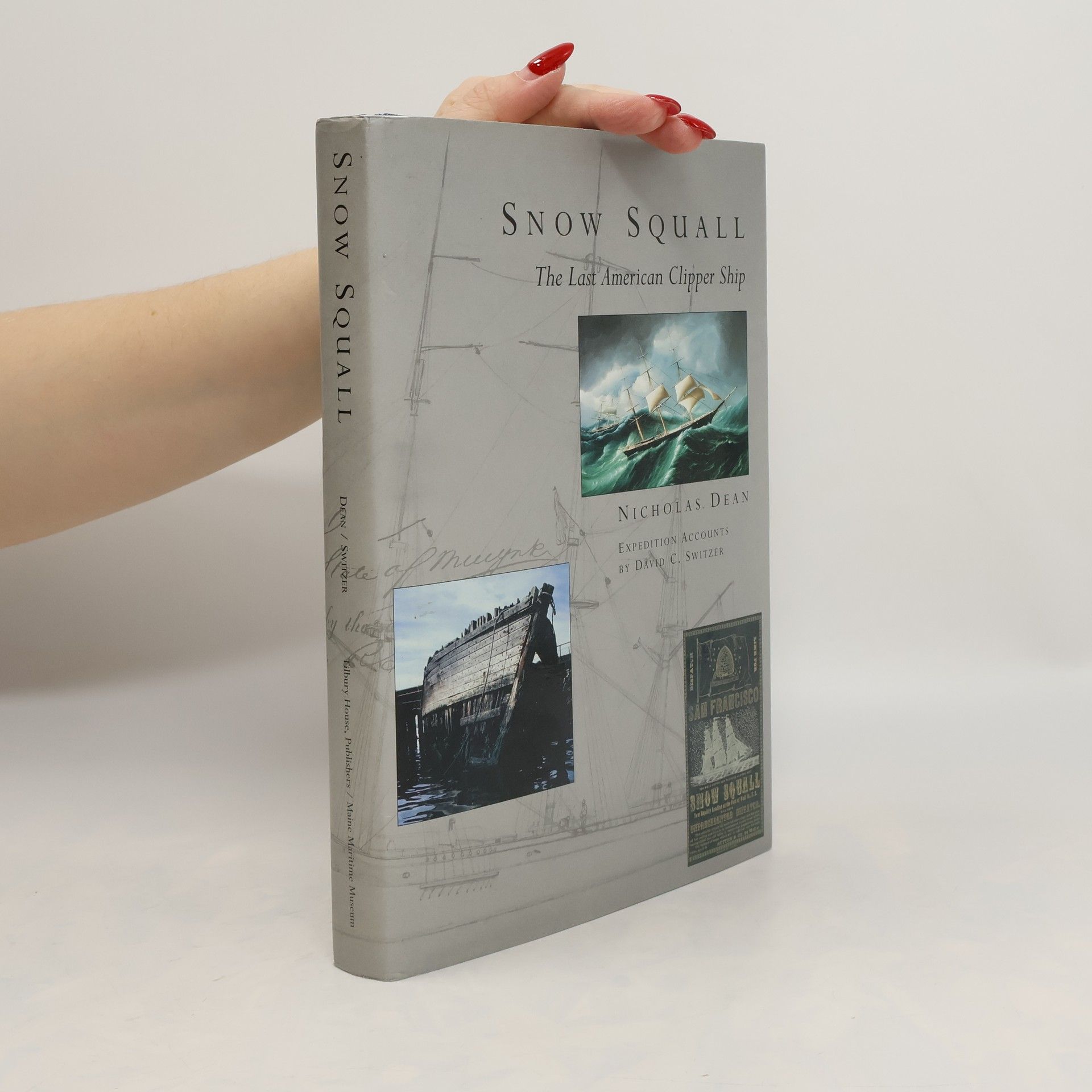In the middle of the nineteenth century American clipper ships astounded the maritime world with their amazingly swift passages to and from faraway seaports, bringing back exotic and valuable cargoes of tea, spices, and silk. Of all those clippers, only one the Maine-built snow squall, whose bow section was rescued from the remote Falkland Islands by the Snow Squall Project in the 1980s.This book begins (and ends) with an unusual volunteer archaeological expedition in the aftermath of the Falkland War but quickly becomes a maritime detective story, as snow squall's story is pieced together further with information gleaned from shipping lists, newspaper accounts, disaster books, and diaries. Her world turns out to be a fascinating one, from the laying of her keel at the Butler yard in South Portland in 1851; to her captain's problems with storms, unruly crews, and attempted piracy; her owner's attempts to keep her profitable when news of her markets thousands of miles away was months old, and her cargo wouldn't be delivered until months later; and her last captain's heroic efforts to repair his badly damaged ship after going aground near Cape Horn in 1864.
Dean Andrew Nicholas Livres
